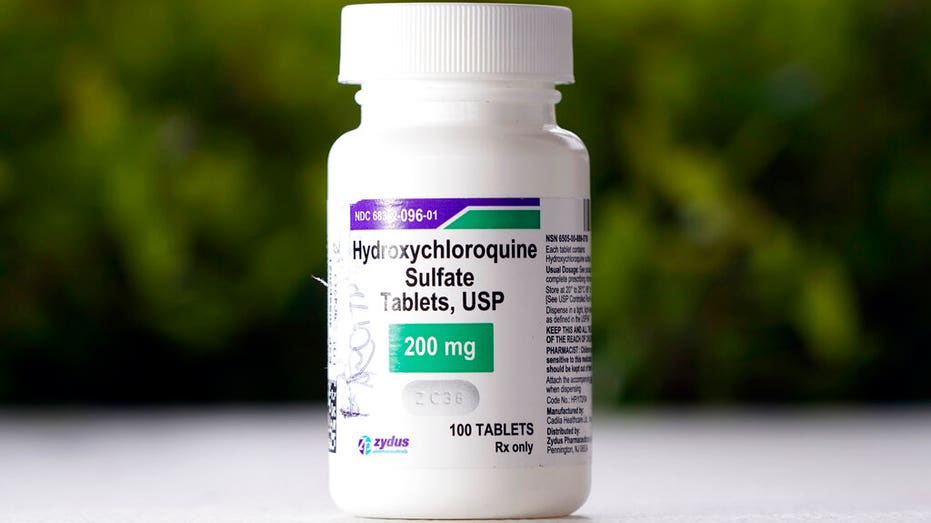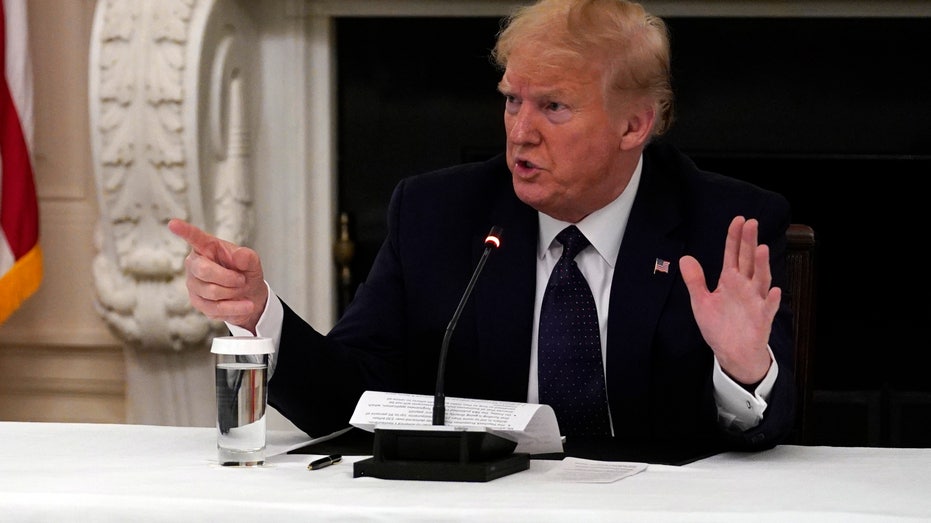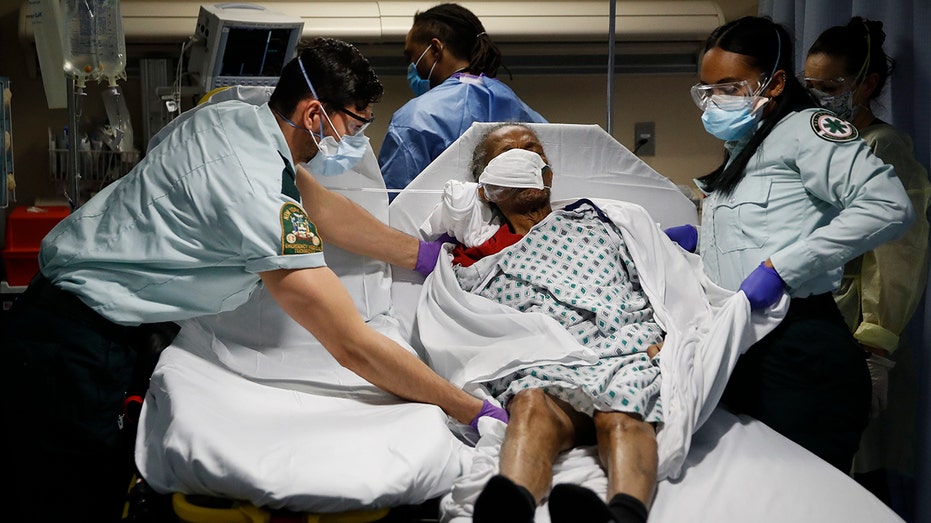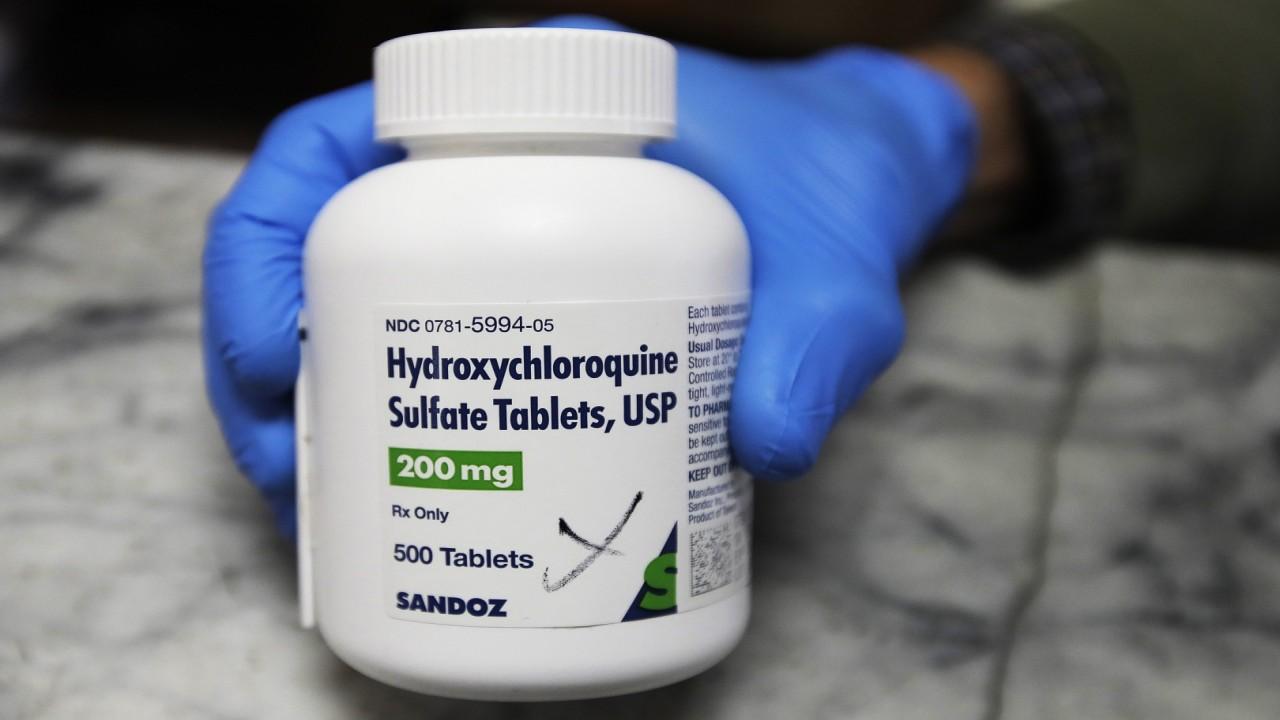Can hydroxychloroquine treat coronavirus?
Whether hydroxychloroquine, a drug touted by President Trump as a potential treatment for the new coronavirus, has been debated shortly after it began spreading the in United States, but recent evidence shows the drug has mixed effects.
No "beneficial effect" was found in treating COVID-19 with hydroxychloroquine, which is commonly used to treat malaria, Oxford University researchers said on June 5. Their findings were based on data from a branch of their COVID-19 study called the RECOVERY trial.
Researchers at Henry Ford Hospital, however, published a study on July 3 that found COVID-19 patients treated with hydroxychloroquine, as well as those treated with a combination of the drug with an antibiotic, had higher survival rates than those who were not treated with hydroxychloroquine.
The Oxford researchers found that 1,542 randomly selected patients who were treated with hydroxychloroquine had a slightly higher mortality rate (25.7 percent) compared to the 3,132 patients who received standard care (23.5 percent), according to data from the hydroxychloroquine arm of the study.

A bottle of hydroxychloroquine tablets in Texas City, Texas. (AP Photo/David J. Phillip, File)
"We reviewed the data and concluded that there is no evidence of a beneficial effect of hydroxychloroquine in patients hospitalized with Covid and decided to stop enrolling patients to the hydroxychloroquine arm, with immediate effect, and that has been actioned this morning," Professor Martin Landray, deputy chief investigator of the trial, said in a statement.
Hydroxychloroquine can cause unstable heart rhythms, low blood pressure and muscle or nerve damage.
Langly added that while the study's results are not "statistically significant...the result shows that there's really no evidence of a benefit."
HYDROXYCHLOROQUINE PRESCRIPTIONS ROSE NEARLY 2,000 PERCENT THE WEEK TRUMP 'SUPPORTED' IT: STUDY
"I think we can say that this data convincingly rules out any meaningful mortality benefit," he said. "Our conclusion is that this treatment does not reduce the risk of dying from Covid among hospital patients. That clearly has a significant importance for the way that patients are treated not only in the U.K. but all around the world."
The World Health Organization, the National Institutes of Health and generic hydroxychloroquine producer Novartis have also stopped their own hydroxychloroquine trials citing a lack of benefits for patients and enrollment issues.

President Donald Trump tells reporters that he is taking zinc and hydroxychloroquine during a meeting with restaurant industry executives about the coronavirus response. (AP Photo/Evan Vucci)
Sanofi, a French pharma company that produces hydroxychloroquine, said on May 29 that it was suspending recruitment for its clinical trial studying the drug citing the WHO's decision to suspend its global trial of the drug and was putting a hold on off-label use of the drug.
The Food and Drug Administration revoked emergency use authorization on June 15 "to use hydroxychloroquine and chloroquine to treat COVID-19 in certain hospitalized patients when a clinical trial is unavailable or participation is not feasible," according to its website.
As a result of the FDA's decision, shipments of the drugs obtained by the federal government will no longer be distributed to state and local health authorities for use against the coronavirus. The decades-old drugs are still available for alternate FDA-approved uses, so U.S. doctors could still prescribe them for COVID-19 — a practice known as off-label prescribing.
Despite the FDA's move and decisions from major health organizations to stop hydroxychloroquine trials, some COVID-19 survivors and doctors have related positive experiences with the drug when used in combination with zinc; the president himself has reported taking the hydroxychloroquine as a preventative measure.
Additionally, the Association of American Physicians & Surgeons sued the FDA on June 2 for interfering with hydroxychloroquine, citing the fact that the U.S. has sent 2 million does of hydroxychloroquine to Brazil in its efforts to fight one of the world's most significant spikes in COVID-19 cases while it blocks Americans' access to the drug.
Health agencies in China, South Korea, Turkey and other countries have used the drug to prevent COVID-19, according to the association.

Emergency medical technicians transport a patient from a nursing home to an emergency room bed at St. Joseph's Hospital in Yonkers, N.Y. (AP Photo/John Minchillo, File)
The physicians association general counsel Andrew Schlafly said the FDA's restrictions on hydroxychloroquine "for Americans are completely indefensible in court."
"Entrenched, politically biased officials at the FDA should not be allowed to interfere with Americans' right to access medication donated to the federal government for public use," Schlafly said. "By preventing Americans' use of [hydroxychloroquine] as a prophylaxis, the FDA is infringing on First Amendment rights to attend religious services or participate in political events such as political conventions, town halls and rallies in an important election year."
GET FOX BUSINESS ON THE GO BY CLICKING HERE
The only remaining drug with FDA authorization to treat COVID-19 is remdesivir, an intravenous medication from Gilead Sciences that has been shown to help severely ill, hospitalized patients recover faster.
The U.S. has confirmed more than 2.4 million coronavirus cases as of Wednesday.
Dr. Anthony Fauci, director of the National Institute of Allergy and Infectious Diseases, said Tuesday he is cautiously optimistic there will be a COVID-19 vaccine by the end of the year or early 2021 but he warned that the next few weeks will be critical to tamping down coronavirus hot spots around the country.
CLICK HERE TO READ MORE ON FOX BUSINESS
The Associated Press contributed to this report.




















